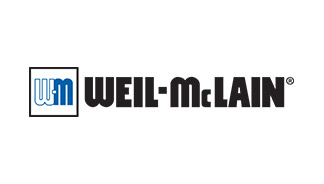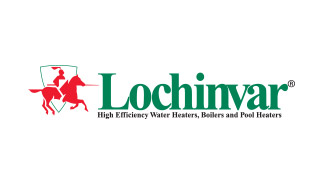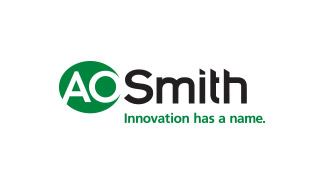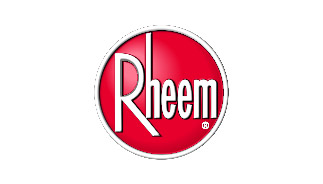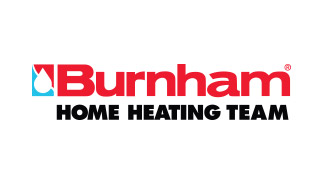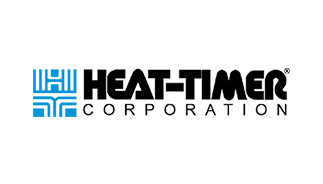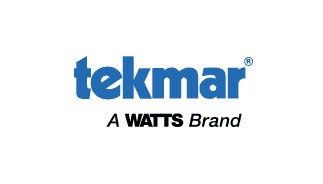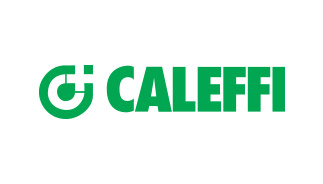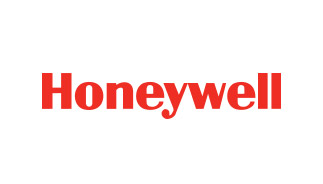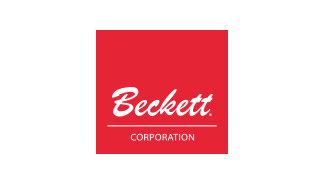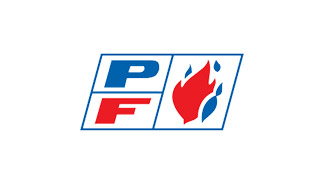Published on
May 15th, 2023Interesting Facts About Carbon Monoxide: Save Lives by Understanding Why CO Detectors Are Essential
Of the many interesting facts about carbon monoxide, the scariest is the gas’s role in the deaths of over 400 people annually. To prevent injury or worse, New York City property owners should know that carbon monoxide detectors are a legal requirement and vital to the safety of tenants. Discover more about this gas and its dangers to your properties.
Interesting Facts About Carbon Monoxide Risks and Safety
What Is Carbon Monoxide and Where Is It Found?
Carbon monoxide is a practically odorless, tasteless, colorless liquid or gas. The single-carbon compound results from an incomplete oxidation process during combustion. This gas is a side product of many combustion operations, including automobile exhaust, wood stove or gas water heater backdrafts, and generator and gasoline-powered equipment processes.
Carbon monoxide may stem from boiler operations in apartment buildings and industrial or commercial complexes. Carbon monoxide poisoning is one of the more dangerous problems that can arise in a boiler room.
The common appearance and use of the gas is one of the many reasons NYC and the state enforce strict regulations on boiler registrations and inspections. That said, property owners should want to include essential measures for the safety of staff and tenants beyond state and city requirements.
What Is Carbon Monoxide Poisoning and Who’s at Risk?
One of the most interesting and important facts about carbon monoxide is that it is a powerful poisonous gas. On average, nearly 200 people die in the U.S. annually from carbon monoxide poisoning unrelated to automotive vehicles.
Nearly half of all CO-poisoning deaths stem from defective or damaged consumer and commercial products, including furnaces, ranges, fireplaces, water heaters, and generators. In nearly all cases, the deaths stem from improper ventilation.
Anyone is susceptible to carbon monoxide poisoning. That said, older adults, infants, and people with chronic conditions like heart disease or asthma may experience symptoms more easily than others.
Even when carbon monoxide poisoning is not lethal, it can lead to hospital visits and stays. Over 100,000 people visit emergency rooms yearly with poisoning symptoms, resulting in over 14,000 hospitalizations.
What Are the Symptoms of Carbon Monoxide Poisoning?
Carbon monoxide poisoning is such a problem because the gas is nearly undetectable to the human senses. The only clue a person may have to exposure to the compound are the symptoms of poisoning, which vary from mild to severe.
Mild symptoms of carbon monoxide poisoning are comparable to the flu, minus a fever. A person may experience the following:
- – Fatigue
- – Headache
- – Dizziness
- – Nausea
- – Shortness of breath
Another of the more interesting facts about carbon monoxide is that the longer a person experiences exposure, their symptoms worsen. Some of the more severe side effects of exposure include:
- – Loss of consciousness
- – Vomiting
- – Mental confusion
- – Loss of muscular coordination
- – Death
The severity of symptoms depends on the level and duration of exposure. Unfortunately, with mild and even moderate exposure levels, a person may confuse symptoms for the flu, often resulting in tragic situations. If mild, carbon monoxide poisoning symptoms may even fool medical professionals.
Carbon Monoxide Prevention and the Importance of Detectors
Why Are Carbon Monoxide Detectors So Important?
Because humans cannot detect the gas on their own, carbon monoxide detectors are the fastest and most reliable ways to prevent carbon monoxide poisoning. They work like fire or smoke alarms, except rather than responding to signs of a fire, they sound an alarm when CO gas levels reach a certain level.
In New York, CO detectors are a requirement of Class A and Class B dwellings and non-owner occupied, one- or two-family homes. Owners must install at least one detector in each residence.
How Do Carbon Monoxide Detectors Work?
Property owners may install one of three types of detectors: biometric, metal oxide semiconductor, or electrochemical sensor.
In a biometric device, the alarm system uses a gas-absorbing gel. As the levels of carbon monoxide increase, the color of the gel changes, which triggers the alarm.
A detector with a metal oxide semiconductor uses a silica chip. When the chip’s circuitry senses the gas, the electrical resistance in the device lowers, triggering the alarm.
Finally, an electrochemical sensor uses electrodes in a chemical solution inside the detector’s housing. Carbon monoxide gas alters the electrical current in the sensor, which sounds the alarm.
The time it takes to trigger an alarm depends on the level of gas saturation in the air. If the room has a relatively low exposure level, around 50 ppm, the device may not sound right away, sometimes taking up to eight hours. A room with high CO exposure, around 150 ppm, will trigger most devices within three minutes.
How Else Can Property Owners Prevent Carbon Monoxide Poisoning?
NYC property owners are responsible for properly installing and operating integral building systems such as boilers and HVAC systems. City and state regulations ensure compliance with boiler room safety practices and require routine inspections of other systems. That said, property owners can take further steps to ensure tenants and staff have the tools and knowledge to ensure carbon monoxide levels stay within safe and manageable levels.
One of the most important things to remember about CO detectors is they represent only one way to keep tenants safe. Owners can also ensure that all appliances, including ranges and fireplaces, receive proper installation and upkeep. It is important to hire services for annual inspections and cleanings of all equipment and devices to avoid CO leaks.
Also, property owners or managers must ensure that all tenants and staff understand fundamental safety practices. For example, a tenant should never heat an apartment or room using a gas appliance. Also, they should never operate unvented appliances indoors, especially fuel-burning appliances.
Carbon monoxide poisoning prevention requires appliance and equipment maintenance and common sense. That said, to limit liability risks, you should provide a list of safe and best practices to all tenants.
How To Keep Tenants Safe
Who Can Help You Protect Your Properties?
All of the interesting facts about carbon monoxide boil down to this: The gas is poisonous and requires buildings to employ safety practices and install devices to prevent it.
As an NYC property owner, you know that boiler failures are real threats, which is why annual inspections are mandatory for most properties. A building’s boiler can significantly contribute to carbon monoxide levels. Contact Calray Boilers at 212-722-5506 to schedule your building’s next inspection.
